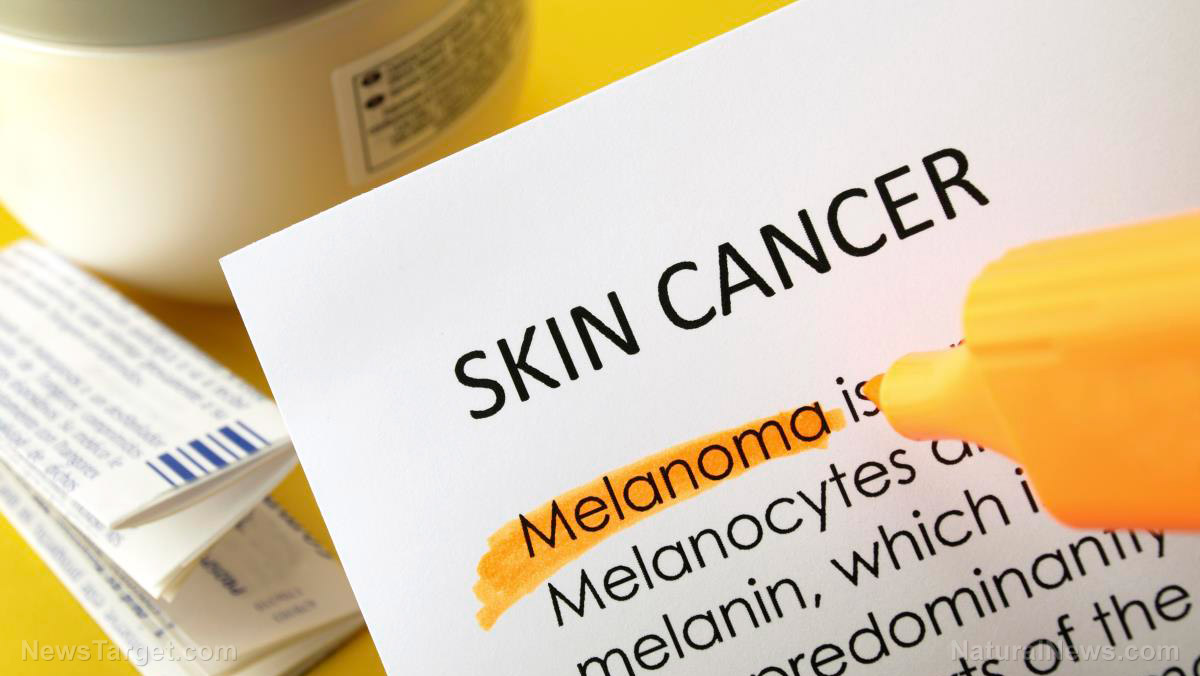Scientists determine: Oral contraceptive use INCREASES breast cancer risk by 50 percent
11/05/2019 / By Isabelle Z.

There are lots of reasons women might not want to take birth control pills. They can cause all sorts of unpleasant side effects, especially moodiness and weight gain. However, there’s an even better reason to avoid oral contraceptives that you might not even be aware of: They raise your breast cancer risk by 50 percent.
In fact, contraceptive pills are categorized by the World Health Organization as group 1 carcinogens, which places them in the company of substances like asbestos, plutonium and tobacco. This category is reserved for agents that are “known and probable” in terms of carcinogenicity. If you’re taking these pills every day, you can only imagine the potential for damage.
According to a study released by the American Association for Cancer Research, the recent use of certain birth control pills is problematic. The study looked at 1,102 women who had been diagnosed with breast cancer along with nearly 22,000 controls. Using oral contraceptives recently was found to raise a woman’s risk of breast cancer by 50 percent compared to those who had never used such pills or only took them in the past.
Interestingly, the low-dose estrogen variety of birth control pills did not raise women’s breast cancer risk. The scientists say that it’s the higher levels of estrogen caused by other birth control pills that are responsible for the effect.
First, estrogen stimulates breast tissue cells to divide more, which increases the chances of errors in cell division, or mutations, occurring. At the same time, some of the metabolites of estrogen are genotoxic and carcinogenic, causing direct damage to DNA that spurs the formation of cancer cells.
Unfortunately, the dangers don’t end there. Hormonal birth control pills have also been linked to problems such as depression, acne, migraines, and fatigue. Other common complaints include spotting between periods, fluid retention, nausea, upset stomach, weight gain, and mood changes. There’s also a higher risk of blood clots, particularly among women who smoke. In fact, some pills can raise a woman’s chances of developing a blood clot by three to four times.
Of course, not everyone who takes these pills is going to develop breast cancer or any of the other side effects, but the risk is certainly high enough to cause alarm. What can you do if you’re concerned about the side effects of oral contraceptives?
There are a few ways you can protect yourself through your diet. For example, eating lots of cruciferous vegetables like broccoli and cauliflower can help your body to metabolize estrogen in a way that isn’t as aggressive, while milk thistle can help to detoxify your liver. Flax seeds are another good option as the lignans they contain can inhibit breast cancer and stop the blood vessels that feed tumors from growing.
Birth control pill alternatives
If you’re not interested in expanding your family but you’d rather not take on the heightened breast cancer risk and other dangers associated with birth control pills, there are a few other approaches you can take to avoid pregnancy.
First, consider barrier methods like condoms and diaphragms. You can combine this with the basal temperature method, which involves measuring your temperature each morning and looking for a rise to indicate ovulation; you can find more specific instructions online.
You might also consider checking your cervical mucus. When it has the texture of egg whites and is clear, this means you’re ovulating and pregnancy is a possibility; the mucus is sticky and tacky when you’re not fertile.
Women need to research the problems associated with whatever method of birth control they are considering and weigh the pros and cons. Thankfully, there are several effective alternatives that won’t put your health in jeopardy.
Sources for this article include:
Tagged Under: birth control pills, breast cancer, estrogen, oral contraceptives, women's health
RECENT NEWS & ARTICLES
COPYRIGHT © 2017 PREVENT CANCER NEWS



















